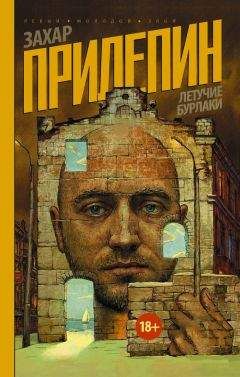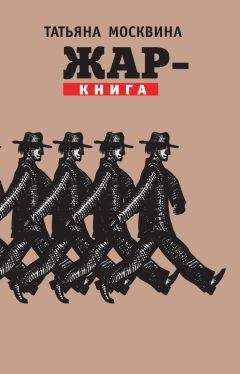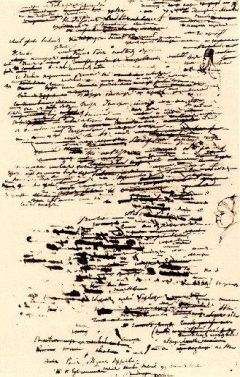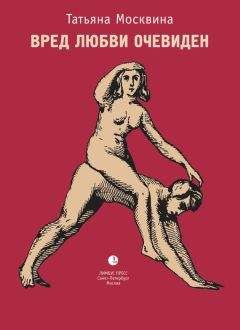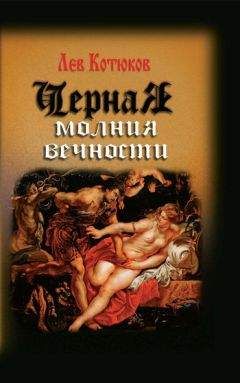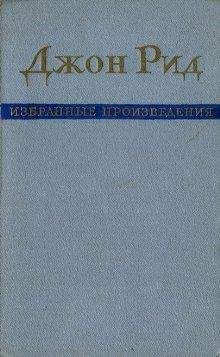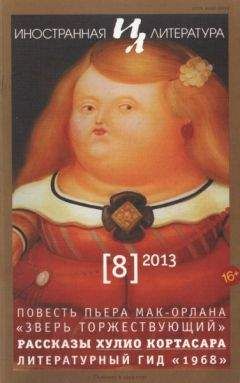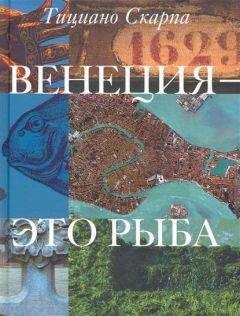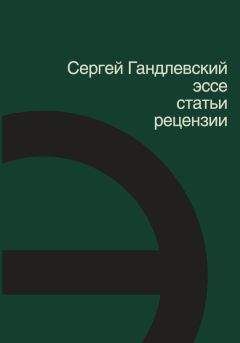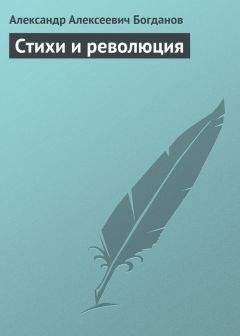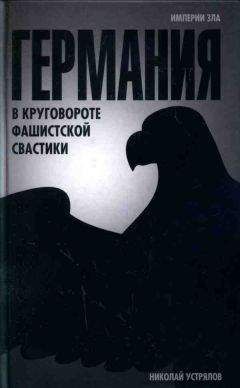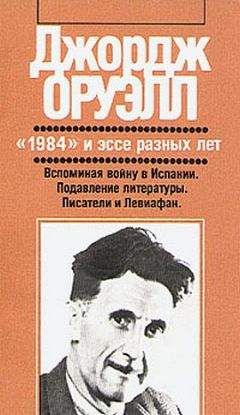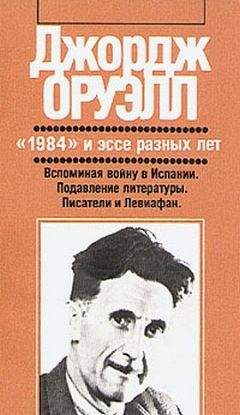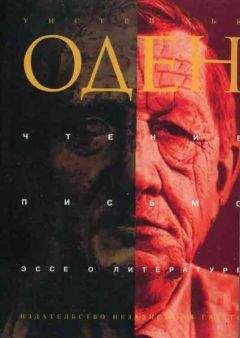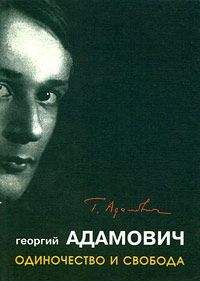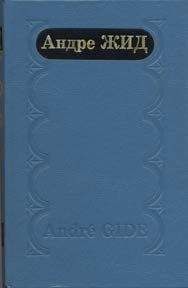Уистан Оден - Стихи и эссе
Скачивание начинается... Если скачивание не началось автоматически, пожалуйста нажмите на эту ссылку.
Жалоба
Напишите нам, и мы в срочном порядке примем меры.
Описание книги "Стихи и эссе"
Описание и краткое содержание "Стихи и эссе" читать бесплатно онлайн.
УИСТЕН ХЬЮ ОДЕН (WYSTAN HUGH AUDEN; 1907–1973) — англо-американский поэт, драматург, публицист, критик. С 1939 года жил в США. Лауреат Пулицеровской и других литературных премий. Автор многих поэтических сборников, среди которых «Танец смерти» («The Dance of Death», 1933), «Гляди, незнакомец!» («Look, Stranger!», 1936), «Испания» («Spain», 1937), «Век тревоги» («The Age of Anxiety», 1947), «Щит Ахилла» («The Shield of Achilles», 1955), «Избранные стихи» («Collected Shorter Poems», 1968).
13. The Useful
The over-logical fell for the witch
Whose argument converted him to stone;
Thieves rapidly absorbed the over-rich;
The over-popular went mad alone,
And kisses brutalized the over-male.
As agents their effectiveness soon ceased;
Yet, in proportion as they seemed to fail,
Their instrumental value was increased
To those still able to obey their wish.
By standing stones the blind can feel their way,
Wild dogs compel the cowardly to fight,
Beggars assist the slow to travel light,
And even madmen manage to convey
Unwelcome truths in lonely gibberish.
14. The Way
Fresh addenda are published every day
To the encyclopedia of the Way.
Linguistic notes and scientific explanations
And texts for schools with modernized spelling and illustrations.
Now everyone knows the hero must choose the old horse,
Abstain from liquor and sexual intercourse,
And look out for a stranded fish to be kind to:
Now everyone thinks he could find, had he a mind to,
The way through the waste to the chapel in the rock
For a vision of the Triple Rainbow or the Astral Clock
Forgetting his information comes mostly from married men
Who liked fishing and a flutter on the horses now and then
And how reliable can any truth be that is got
By observing oneself and then just inserting a Not?
15. The Lucky
Suppose he'd listened to the erudite committee,
He would have only found where not to look;
Suppose his terrier when he whistled had obeyed,
It would not have unearthed the buried city;
Suppose he had dismissed the careless maid,
The cryptogram would not have fluttered from the book.
"It was not I," he cried as, healthy and astounded,
He stepped across a predecessor's skull;
"A nonsense jingle simply came into my head
And left the intellectual Sphinx dumbfounded;
I won the Queen because my hair was red;
The terrible adventure is a little dull."
Hence Failure's torment: "Was I doomed in any case,
Or would I not have failed had I believed in Grace?"
16. The Hero
Не parried every question that they hurled:
"What did the Emperor tell you?" "Not to push"
"What is the greatest wonder of the world?"
"The bare man Nothing in the Beggar's Bush."
Some muttered, "He is cagey for effect.
A hero owes a duty to his fame.
He looks too like a grocer for respect."
Soon they slipped back into his Christian name.
The only difference that could be seen
From those who'd never risked their lives at all
Was his delight in details and routine.
For he was always glad to mow the grass,
Pour liquids from large bottles into small,
Or look at clouds through bits of colored glass.
17. Adventure
Others had swerved off to the left before,
But only under protest from outside,
Embittered robbers outlawed by the Law,
Lepers in terror of the terrified.
Now no one else accused these of a crime;
They did not look ill: old friends, overcome,
Stared as they rolled away from talk and time
Like marbles out into the blank and dumb.
The crowd clung all the closer to convention
Sunshine and horses, for the sane know why
The even numbers should ignore the odd:
The Nameless is what no free people mention;
Successful men know better than to try
To see the face of their Absconded God.
18. The Adventurers
Spinning upon their central thirst like tops,
They went the Negative Way toward the Dry;
Be empty caves beneath an empty sky
They emptied out their memories like a slop
Which made a foul marsh as they dried to death,
Where monsters bred who forced them to forget
The lovelies their consent avoided; yet
Still praising the Absurd with their last breath.
They seeded out into their miracles:
The images of each grotesque temptation
Became some painter's happiest inspiration;
And barren wives and burning virgins came
To drink the pure cold water of their wells,
And wish for beaux and children in their name.
19. The Waters
Poet, oracle and wit
Like unsuccessful anglers by
The ponds of apperception sit,
Baiting with the wrong request
The vectors of their interest;
At nightfall tell the angler's lie.
With time in tempest everywhere,
To rafts of frail assumption cling
The saintly and the insincere;
Enraged phenomena bear down
In overwhelming waves to drown
Both sufferer and suffering.
The waters long to hear our question put
Which would release their longed-for answer, but.
20. The Garden
Within these gates all opening begins:
White shouts and flickers through its green and red,
Where children play at seven earnest sins
And dogs believe their tall conditions dead.
Here adolescence into number breaks
The perfect circle time can draw on stone,
And flesh forgives division as it makes
Another's moment of consent its own.
All journeys die here; wish and weight are lifted:
Where often round some old maid's desolation
Roses have flung their glory like a cloak,
The gaunt and great the famed for conversation
Blushed in the stare of evening as they spoke,
And felt their center of volition shifted.
Good-Bye to the Mezzogiorno
(for Carlo Izzo)
Out of a gothic North, the pallid children
Of a potato, beer-or-whisky
Guilt culture, we behave like our fathers and come
Southward into a sunburnt otherwhere
Of vineyards, baroque, la bella figura,
To these feminine townships where men
Are males, and siblings untrained in a ruthless
Verbal in-fighting as it is taught
In Protestant rectories upon drizzling
Sunday afternoons-no more as unwashed
Barbarians out for gold, nor as profiteers
Hot for Old Masters, but for plunder
Nevertheless-some believing amore
Is better down South and much cheaper
(Which is doubtful), some persuaded exposure
To strong sunlight is lethal to germs
(Which is patently false) and others, like me,
In middle-age hoping to twig from
What we are not what we might be next, a question
The South seems never to raise. Perhaps
A tongue in which Nestor and Apemantus,
Don Ottavio and Don Giovanni make
Equally beautiful sounds is unequipped
To frame it, or perhaps in this heat
It is nonsense: the Myth of an Open Road
Which runs past the orchard gate and beckons
Three brothers in turn to set out over the hills
And far away, is an invention
Of a climate where it is a pleasure to walk
And a landscape less populated
Than this one. Even so, to us it looks very odd
Never to see an only child engrossed
In a game it has made up, a pair of friends
Making fun in a private lingo,
Or a body sauntering by himself who is not
Wanting, even as it perplexes
Our ears when cats are called Cat and dogs either
Lupo, Nero or Bobby. Their dining
Puts us to shame: we can only envy a people
So frugal by nature it costs them
No effort not to guzzle and swill. Yet (if I
Read their faces rightly after ten years)
They are without hope. The Greeks used to call the Sun
He-who-smites-from-afar, and from here, where
Shadows are dagger-edged, the daily ocean blue,
I can see what they meant: his unwinking
Outrageous eye laughs to scorn any notion
Of change or escape, and a silent
Ex-volcano, without a stream or a bird,
Echoes that laugh. This could be a reason
Why they take the silencers off their Vespas,
Turn their radios up to full volume,
And a minim saint can expect rockets-noise
As a counter-magic, a way of saying
Boo to the Three Sisters: "Mortal we may be,
But we are still here!" might cause them to hanker
After proximities-in streets packed solid
With human flesh, their souls feel immune
To all metaphysical threats. We are rather shocked,
But we need shocking: to accept space, to own
That surfaces need not be superficial
Nor gestures vulgar, cannot really
Be taught within earshot of running water
Or in sight of a cloud. As pupils
We are not bad, but hopeless as tutors:
Goethe, Tapping homeric hexameters
On the shoulder-blade of a Roman girl, is
(I wish it were someone else) the figure
Of all our stamp: no doubt he treated her well,
But one would draw the line at calling
The Helena begotten on that occasion,
Queen of his Second Walpurgisnacht,
Her baby: between those who mean by a life a
Bildungsroman and those to whom living
Means to-be-visible-now, there yawns a gulf
Embraces cannot bridge. If we try
To "go southern", we spoil in no time, we grow
Flabby, dingily lecherous, and
Forget to pay bills: that no one has heard of them
Taking the Pledge or turning to Yoga
Is a comforting thought-in that case, for all
The spiritual loot we tuck away,
We do them no harm-and entitles us, I think
To one little scream at A piacere,
Not two. Go I must, but I go grateful (even
To a certain Monte) and invoking
My sacred meridian names, Vito, Verga,
Pirandello, Bernini, Bellini,
To bless this region, its vendages, and those
Who call it home: though one cannot always
Remember exactly why one has been happy,
There is no forgetting that one was.
September 1958
It's No Use Raising a Shout
It's no use raising a shout.
No, Honey, you can cut that right out.
I don't want any more hugs;
Make me some fresh tea, fetch me some rugs.
Here am I, here are you:
But what does it mean? What are we going to do?
A long time ago I told my mother
I was leaving home to find another:
I never answered her letter
But I never found a better.
Here am I, here are you:
But what does it mean? What are we going to do?
It wasn't always like this?
Perhaps it wasn't, but it is.
Put the car away; when life fails,
What the good of going to Wales?
Here am I, here are you:
But what does it mean? What are we going to do?
In my spine there was a base,
And I knew the general's face:
But they've severed all the wires,
And I can't tell what the general desires.
Here am I, here are you:
But what does it mean? What are we going to do?
In my veins there is a wish,
And a memory of fish:
When I lie crying on the floor,
It says, "You've often done this before."
Here am I, here are you:
But what does it mean? What are we going to do?
A bird used to visit this shore:
It isn't going to come any more.
I've come a very long way to prove
No land, no water, and no love.
Here am I, here are you.
But what does it mean? What are we going to do?
"Carry Her Over The Water"
Подписывайтесь на наши страницы в социальных сетях.
Будьте в курсе последних книжных новинок, комментируйте, обсуждайте. Мы ждём Вас!
Похожие книги на "Стихи и эссе"
Книги похожие на "Стихи и эссе" читать онлайн или скачать бесплатно полные версии.
Мы рекомендуем Вам зарегистрироваться либо войти на сайт под своим именем.
Отзывы о "Уистан Оден - Стихи и эссе"
Отзывы читателей о книге "Стихи и эссе", комментарии и мнения людей о произведении.





